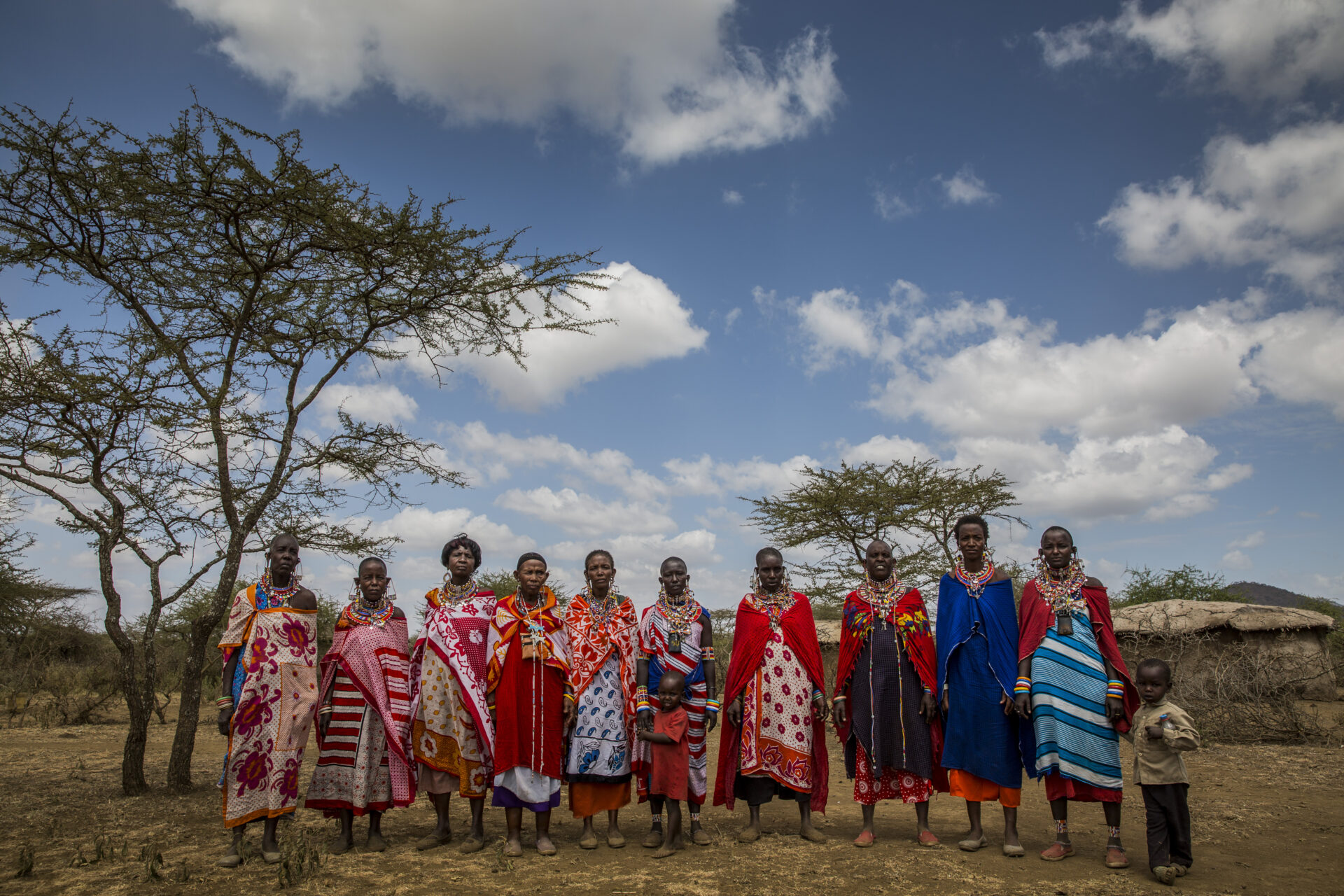More than ever, I think it is essential to include local and Indigenous voices in these conferences. We are the ones who have been sustaining the Earth up to now.


At the COP 27 which brought world leaders together, the climate justice agenda saw a historic moment when loss and damage was included as an agenda item for the first time. It is a success that an agreement was made to set up a fund to compensate developing countries suffering from the negative effects of climate change. It demonstrates important progress on efforts to address the very real impacts of climate change being felt by communities around the world.
This is a message of hope for communities displaced by floods, for those who are facing food shortages and those who are losing their livelihoods every single day due to climate related disasters. Building on the success of the talks, we would like to see action delivered, details finalised, and finances disbursed to those countries that meet the criteria for loss and damage.
While there were successes at COP, it also fell short in many ways. We did not see progress toward keeping the 1.5 degree target through more ambitious emissions reductions targets. Even as the consequences of climate change get clearer day by day, this is not being addressed as urgently as it should be. The lack of ambition will lead to the earth heating more than 1.5 degrees. The net-zero avenue needs unprecedented cooperation between governments and the private sector, especially on innovation and investment. We hope to see more specific actions by the world’s major emitters to phase down fossil fuels or come up with new commitments on climate mitigation.
Another major thing I felt was missing from the conference, was that there was no gender balance in the negotiating teams at the COP. From reports, we have only seen 6 percent of women represented. Women are on the front line in the fight against climate change and are disproportionately impacted by the negative impacts of the climate crisis. Therefore, we would like to see a 50:50 balance when it comes to negotiating for solutions. Gender solutions are critical in addressing climate change and women have an important role to play. The voices of women should be given a chance to be amplified in climate debates, policies and legislation.
I do feel hopeful about the efforts youth are putting into fighting the climate crisis. We see activists on the streets, youth leaders pushing for climate-positive legislation, and actively taking part in research on climate solutions, learning about climate change, and educating their communities on how to take climate action. That gives me hope and it feels possible to change the narrative by getting positive solutions in motion.
In terms of halting deforestation, though more can be done, we are on the right pathway. The launch of the Forest and Climate Leaders Partnership (FCLP) at COP by 140 countries is a step in the right direction. The partnership is an opportunity to discuss sources of finance, to give incentives to conservation initiatives, as well as implement solutions that reduce deforestation, restorative degraded forests, and strengthen the livelihoods of local communities. REDD+ projects give an opportunity to governments, individuals, and the private sector to take climate action by purchasing carbon credits that protect vital carbon sinks. It also gives them a chance to directly touch the lives of communities already feeling the impacts of climate change.
More than ever, I think it is essential to include local and Indigenous voices in these conferences. We are the ones who have been sustaining the Earth up to now. We are the people living close to natural resources. It’s impossible to have a conversation that will drive positive results without us. In many Indigenous African communities, we have taboos that prohibit the unsustainable use of natural resources. In our observations and narrations of the sequence of changing climate patterns from year to year, we are sources of data and research on climate change. Ancestral knowledge is key in addressing the climate crisis.
